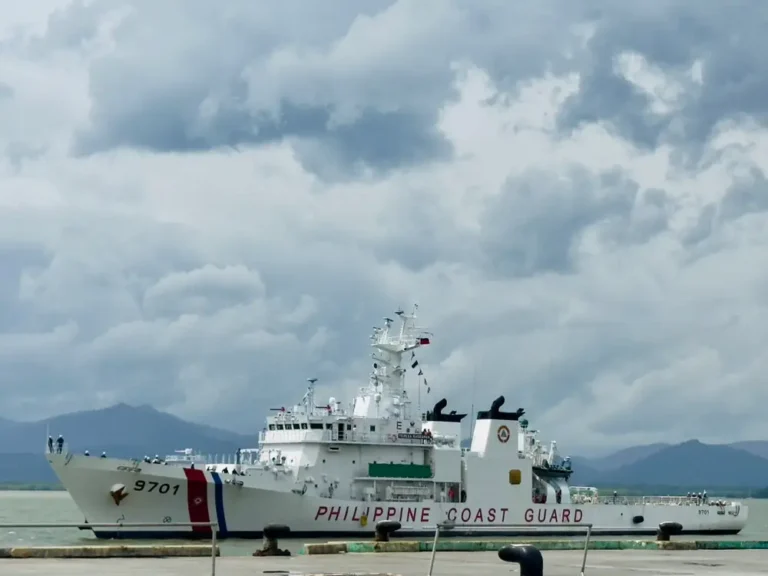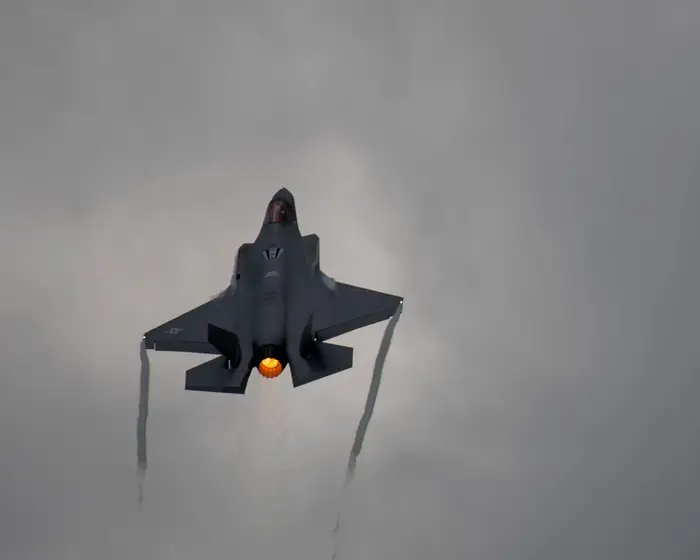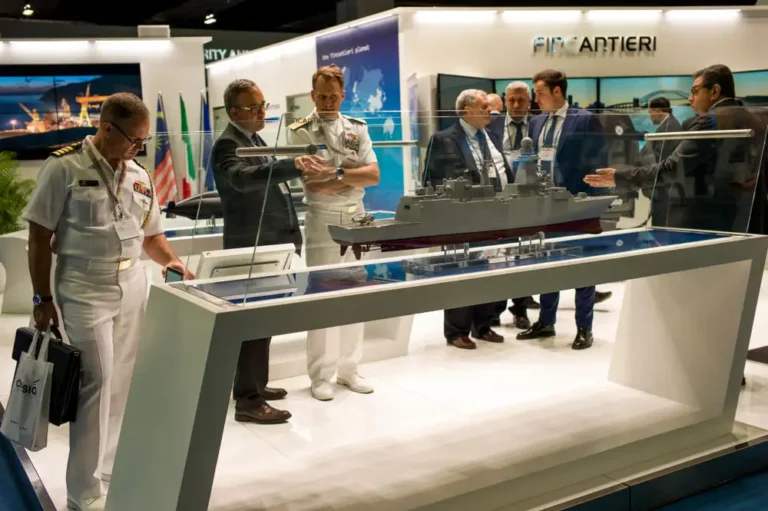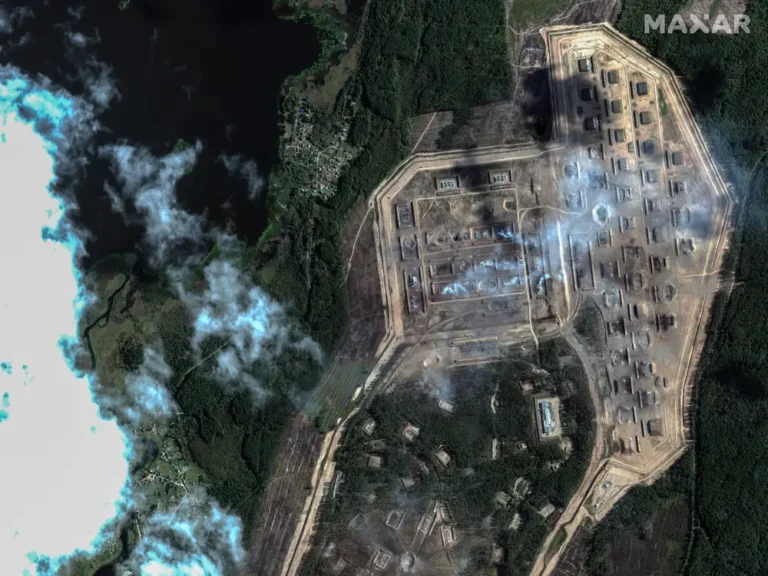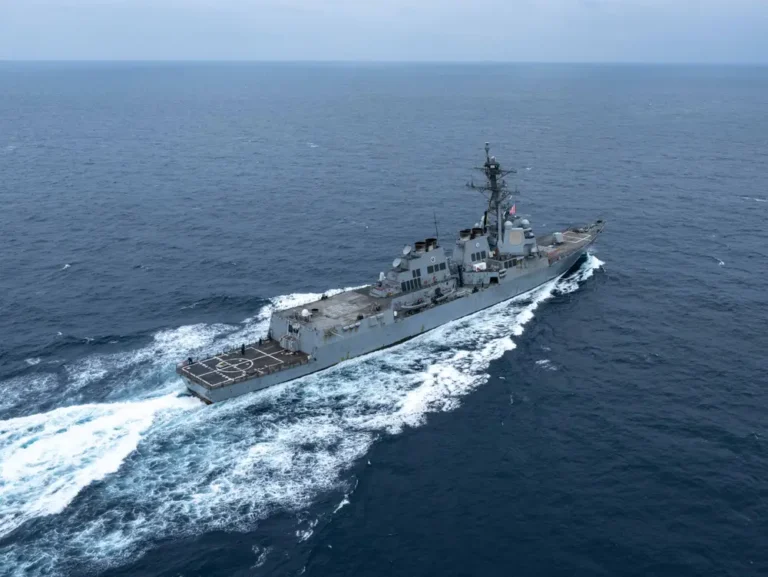Ukraine’s surrender hotline is tempting North Koreans to desert, promising they’ll be well fed
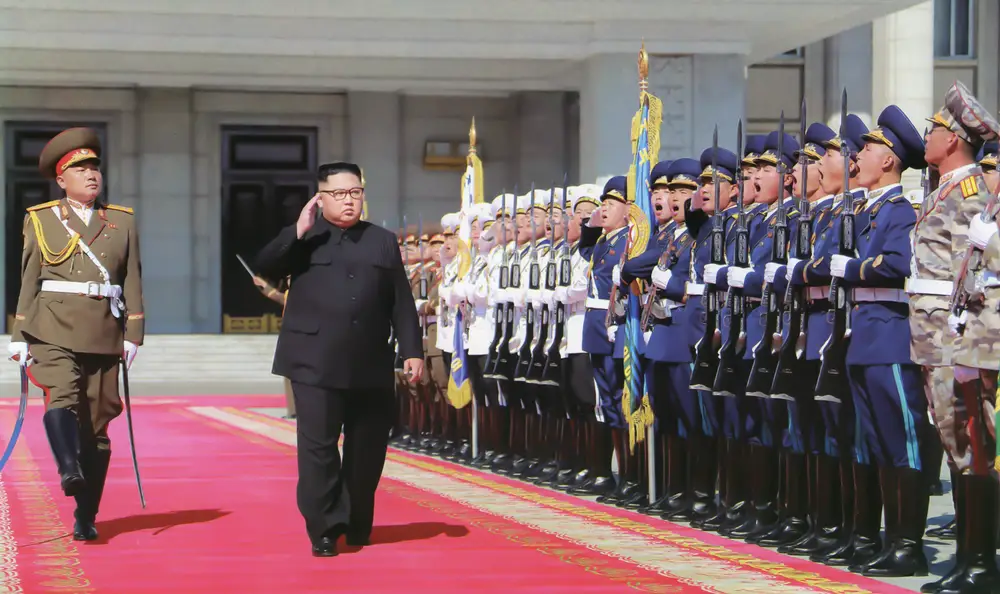
North Korea, which is ruled by its leader Kim Jong Un, is believed to have sent thousands of troops to aid Russia in its fight against Ukraine.
Ukraine is enticing Russia-bound North Korean troops with comfortable beds and warm meals in exchange for their surrender.
“To the soldiers of the Korean People’s Army: You, who were sent to help the Putin regime, you do not need to die senselessly in another country,” Ukraine’s military intelligence agency said in an October 23 statement on its “I Want to Live” Telegram chatbot.
The “I Want to Live” project is a service that allows Russian soldiers to surrender by dialing their hotline. Access to the hotline and chatbot was blocked in Russia back in October 2022, though it can still be accessed via VPN.
“Surrender! Ukraine provides you with protection, food, and warmth,” the statement said, adding that Russians soldiers who had surrendered were now living in “comfortable barracks” and given “three hot meals a day.”
Besides the statement, Ukraine published a Korean-language video showcasing its prisoner-of-war camps as well as the meals served there.
The video, which was also posted on X and YouTube, ended with a phone number and QR code for North Korean soldiers looking to contact the Ukrainian authorities.
Ukraine’s defense ministry did not respond to a request for comment from B-17 sent outside regular business hours.
North Korea is believed to have sent thousands of troops to aid Russia in its fight against Ukraine, per officials from South Korea, Ukraine, and the US.
On Sunday, Ukrainian President Volodymyr Zelenskyy said in an evening address on Telegram that North Korean troops “may appear on the battlefield” any day now.
“Ukraine will be forced to actually fight against North Korea in Europe,” Zelenskyy added.
Russia’s use of North Korean troops is another indicator that it’s relying more on allies to sustain its wartime efforts. Putin, for his part, has allotted 40% of the national budget to defense manufacturing, and signed a pact with Pyongyang that’ll open up another source of war supplies and ammunition.
But Ukraine’s attempt to encourage North Korean troops to surrender faces distinct hurdles. North Korea experts earlier told B-17 of the strict measures Pyongyang takes when sending citizens abroad.
Joseph S. Bermudez Jr., an expert in North Korean defense at the Center for International and Strategic Studies, told B-17 that North Korea’s Kim is likely to send only “politically reliable people” to the frontline.
Those sent, Bermudez said, would probably be accompanied by officials from the ruling Workers’ Party of Korea who “file reports on everybody.”
Bruce W. Bennett, a defense researcher and North Korea specialist at RAND, told B-17 that the country tries to rein in its overseas citizens with the threat of punishing their extended family back if they defect.
This, Bennett said, is why North Korean diplomats are almost never allowed to bring their whole family with them to their overseas postings.
As such, defectors risk hurting their family if they decide to flee from North Korea, Bermudez told B-17.
“North Korea believes in generational punishment,” he added.

